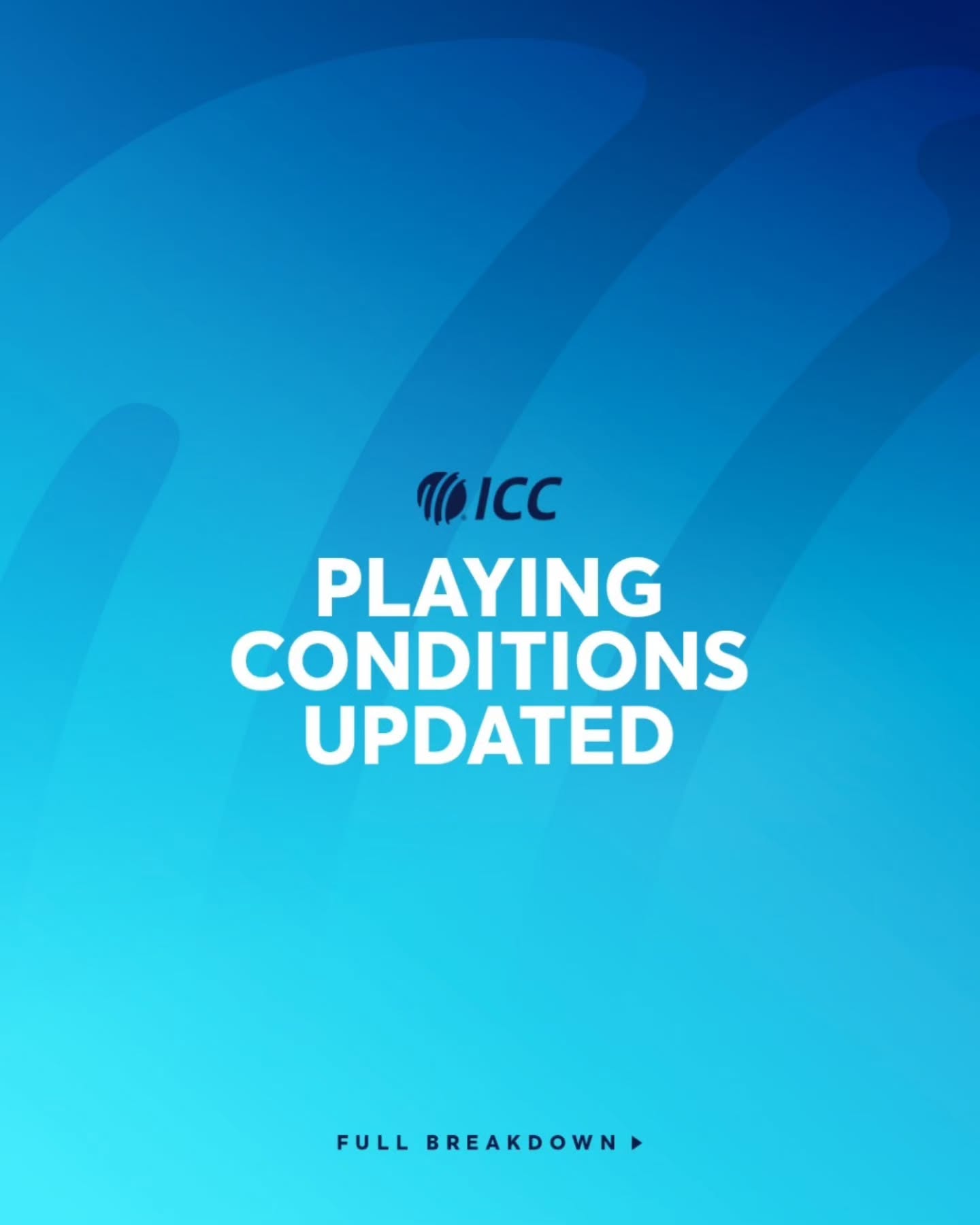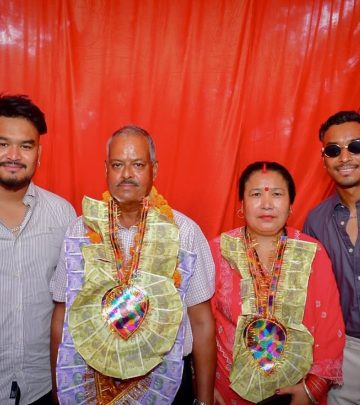Heartbreaking Hospital Incident Ignites Border Debate
Tragic denial of parental access to sick child fuels border debate and urgent policy shift.

Image: Instagram
A recent incident in a hospital has shocked the region and raised serious questions about patient rights and border policies. A statement in Pashto described a heart-wrenching scene where a sick child, kept behind a strict quarantine line, was not granted permission to see his parents while receiving treatment. After spending 20 days under care without this vital human connection, the child tragically lost his life. The original post expressed deep sorrow and disappointment with the authorities and neighboring nations for the rigid policies that continue to deny essential freedoms.
Incident Overview
The post, written in Pashto, lamented, “ډير د افسوس او خفګان ځای دی وايي دغه مريض ماشوم سره يي په طورخم فرضي کرښه کی خپل مور او پلار ته اجازه نه وه ورکړل شوي او ماشوم شل ورځي بغير د مور او پلار هلته تر تداوي وروسته خپل ژوند د لاسه ورکړو.” In translation, the author notes that it is a place of deep grief where a sick child was denied parental contact due to strict hospital protocols. The absence of this basic connection during the child’s treatment is seen as a contributing factor to the tragedy. The statement conveys a powerful message of loss and accountability, urging authorities to rethink policies that separate patients from their families in times of critical need.
Regional Implications
The post does not limit its critique to hospital protocols alone. It extends the discussion to broader regional issues, particularly emphasizing border and visa policies. The writer draws comparisons to other parts of the world, noting how Europeans enjoy visa-free travel among themselves with ease—a freedom that once extended to Afghan passport holders half a century ago. The message is clear: while some countries celebrate the ease of movement and the progress that comes with it, patients and citizens from poorer nations still face severe restrictions.
The caption also touches on cultural aspects by referring to how different nations perceive their deities and traditions. The passage mentions that, in India, for instance, the term used for their deity is intertwined with a sense of identity, contrasting this with the author’s view of the current inflexible system. There is an underlying call to action—a vision of a future where a strong leader could remove all borders in Asia, thereby lifting outdated restrictions and promoting development across the region. This vision, though ambitious, is framed as a response to the current state of affairs that seem to hinder progress.
Voices Of Outrage And Hope
Among those drawing attention to the incident is Karim Sadiq. Known both for his involvement in media and his outspoken commentary, Sadiq has used his platform to amplify the debate. His comments, widely shared on social media platforms such as Instagram, underline the sentiment that the current system is not only outdated but also inhumane. One of his recent posts (available on Instagram at https://www.instagram.com/p/DLZO7MistRH/) includes an image that powerfully captures the sorrow surrounding the incident. The photograph, which shows a somber scene reflective of the tragedy, has resonated with many followers who are calling for immediate reforms.
In previous posts, Sadiq has been seen encouraging respect, unity, and the rethinking of policies that isolate people in times of need. His consistent message underlines that when governance fails to protect its most vulnerable, it is not just a policy issue but a reflection of deeper societal challenges. His commentary is supported by the historical context provided by older posts, where he recalled past eras of greater freedom and progress, and lamented how those bygone days contrast sharply with the current restrictive environment.
Call For Reform
The incident has ignited a larger debate about the balance between public health protocols and the right to family contact in critical care situations. Critics argue that while safety protocols are essential, they should not come at the cost of compassionate care. There is growing support for a reevaluation of hospital policies, especially in cases involving young and vulnerable patients. The debate extends into the realm of international relations, with many urging a modernization of visa and border policies that currently restrict movement for citizens of poorer nations.
This discussion is timely given the current global emphasis on human rights and compassionate governance. It is noteworthy that similar debates have taken place in other regions, where public outcry has led to tangible changes in policy. The call is not merely for adjustments in hospital management but for a broader movement that could see long overdue changes in how borders and visas are managed in Asia. The tragic loss of a life, as recounted in the original post, serves as a stark reminder of the human cost when policies are applied without empathy.
The incident has also spurred related discussions on social media. Many users have shared messages of support and solidarity, with one Instagram account emphasizing the importance of cherishing family bonds during times of crisis. These messages, along with the images shared by Karim Sadiq and others, have collectively brought the issue into the broader public discourse. Such discussions underscore a universal desire for systems that not only protect but also nurture and support the community during its most challenging moments.
As the controversy grows, it is clear that the incident is not an isolated event but rather a symptom of larger systemic issues. The integration of compassionate care with effective policy making could mark the beginning of meaningful reforms. The debate continues to build momentum as more voices call for a balance between public safety and humanity.
In light of these events, the appeal for a comprehensive review of policies is growing louder. The tragedy serves as a sobering reminder of the need for humane treatment protocols and a more open and integrative approach to regional mobility. The hope is that by addressing these issues head on, the region can move towards an era that values both safety and the intrinsic human need for connection.
Read full bio of Nisha Bharatan
























